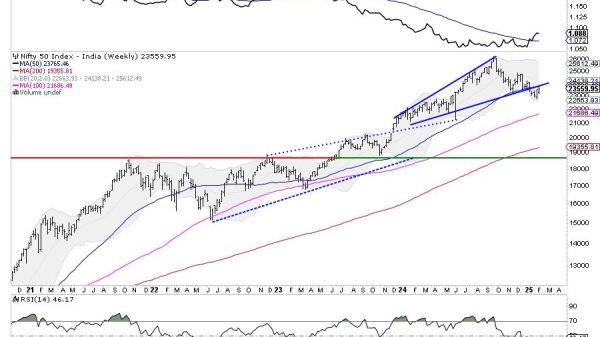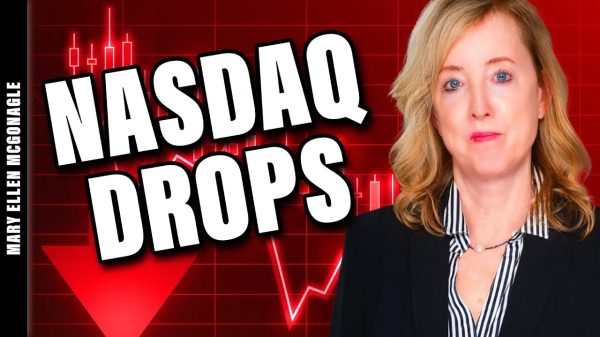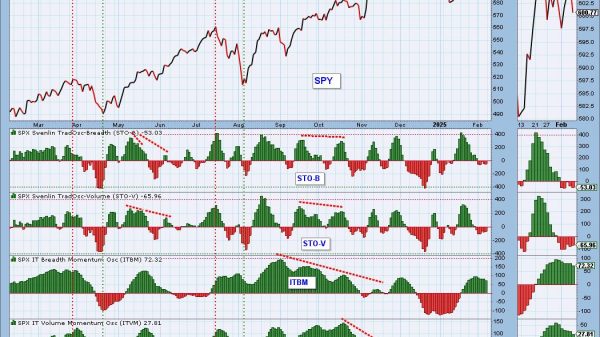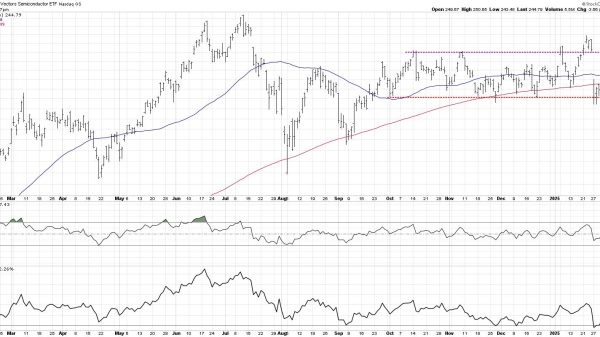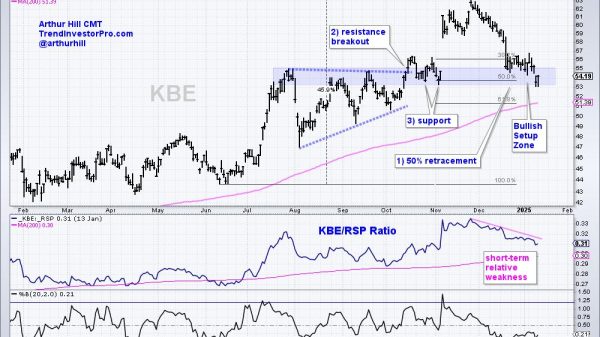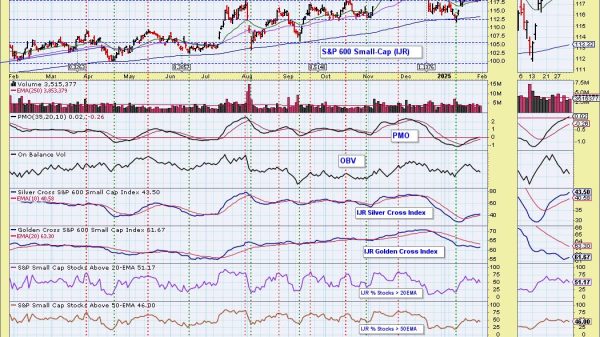
British public companies are sounding the alarm in record numbers as escalating geopolitical tensions and rising trade costs batter corporate confidence.
According to new data from EY, the second quarter of 2025 saw 59 profit warnings issued by UK listed firms—a 20 per cent rise on the previous quarter and the highest figure in years driven by global policy disruption.
The figures mark a sharp rise in business anxiety, with nearly half (46 per cent) of all profit warnings explicitly blaming geopolitical instability, up from just 4 per cent during the same period last year. It’s the highest proportion EY has recorded in more than a quarter of a century of monitoring UK corporate guidance.
At the heart of this turbulence are growing fears over international trade friction, most notably the threat of sweeping new tariffs announced by the Trump administration in April. That single month alone saw a 24 per cent spike in profit warnings compared to the year before, with 50 per cent of those attributed directly to tariff concerns and disruption in the US economy.
TT Electronics and shipbroker Clarksons were among the FTSE-listed firms highlighting tariff-related impacts on performance. Analysts warn that the combination of punitive trade policy and wider political instability is beginning to weigh heavily on strategic planning and investor sentiment.
Jo Robinson, EY’s turnaround and restructuring strategy leader, said: “The latest profit warnings data reflects the scale of persistent uncertainty and how heavy it continues to weigh on UK businesses. While global tariffs have amplified this, they are part of a broader web of geopolitical and domestic upheaval that is making forecasting incredibly challenging.”
Industrial support services and retail companies were among the hardest hit, recording eight and four warnings respectively. A toxic cocktail of external trade shocks and rising internal cost pressures—such as April’s hike in National Insurance contributions and increased minimum wage thresholds—has compounded the squeeze on margins.
EY’s data also points to a worsening employment picture. Since October 2024, UK payrolls have contracted by more than 184,000, with 70 per cent of the job losses concentrated in retail and hospitality—sectors already stretched by energy costs and changing consumer habits.
Silvia Rindone, EY’s retail sector partner, said technology investment would remain critical despite the downturn. “Retailers must get the basics right—product range, pricing and service—while continuing to invest in AI and automation to build leaner, more resilient models. That’s the route to long-term survival.”
Contract cancellations and order delays also remained at record highs in the second quarter, underscoring the fragility of both domestic and global demand.
With uncertainty now baked into the macroeconomic outlook, analysts warn that businesses must rethink how they navigate risk. “Whether the rise in warnings is cyclical or structural remains to be seen,” said Robinson. “What is clear is that scenario-based planning—combining agility with strategic clarity—is more essential than ever.”
As UK companies grapple with an increasingly unpredictable global landscape, 2025 is shaping up to be a year of testing resilience as much as delivering results.
Read more:
UK companies issue record number of profit warnings amid global policy chaos






